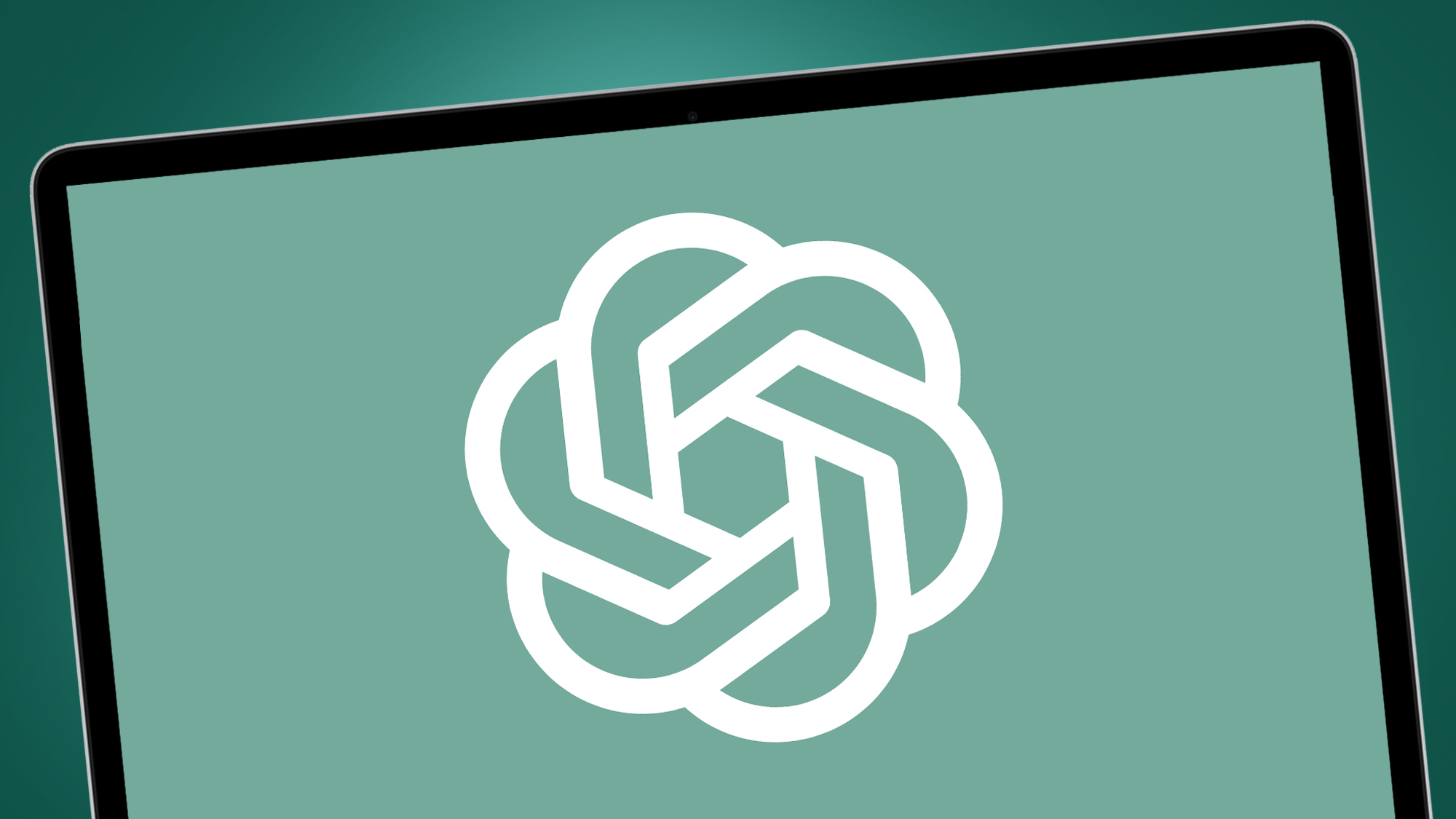ChatGPT will get video-creation powers in a future version – and the internet isn’t ready for it
More misinformation mooted

The web's video misinformation problem is set to get a lot worse before it gets better, with OpenAI CEO Sam Altman going on the record to say that video-creation capabilities are coming to ChatGPT within the next year or two.
Speaking to Bill Gates on the Unconfuse Me podcast (via Tom's Guide), Altman pointed to multimodality – the ability to work across text, images, audio and "eventually video" – as a key upgrade for ChatGPT and its models over the next two years.
While the OpenAI boss didn't go into too much detail about how this is going to work or what it would look like, it will no doubt work along similar lines to the image-creation capabilities that ChatGPT (via DALL-E) already offers: just type a few lines as a prompt, and you get back an AI-generated picture based on that description.
Once we get to the stage where you can ask for any kind of video you like, featuring any subject or topic you like, we can expect to see a flood of deepfake videos hit the web – some made for fun and for creative purposes, but many intended to spread misinformation and to scam those who view them.
The rise of the deepfakes
Deepfake videos are already a problem of course – with AI-generated videos of UK Prime Minister Rishi Sunak popping up on Facebook just this week – but it looks as though the problem is about to get significantly worse.
Adding video-creation capabilities to a widely accessible and simple-to-use tool like ChatGPT will mean it gets easier than ever to churn out fake video content, and that's a major worry when it comes to separating fact from fiction.
The US will be going to the polls later this year, and a general election in the UK is also likely to happen at some point in 2024. With deepfake videos purporting to show politicians saying something they never actually said already circulating, there's a real danger of false information spreading online very quickly.
Sign up for breaking news, reviews, opinion, top tech deals, and more.
With AI-generated content becoming more and more difficult to spot, the best way of knowing who, and what, to trust is to stick to well-known and reputable publications online for your news sources – so not something that's been reposted by a family member on Facebook, or pasted from an unknown source on the platform formerly known as Twitter.
You might also like

Dave is a freelance tech journalist who has been writing about gadgets, apps and the web for more than two decades. Based out of Stockport, England, on TechRadar you'll find him covering news, features and reviews, particularly for phones, tablets and wearables. Working to ensure our breaking news coverage is the best in the business over weekends, David also has bylines at Gizmodo, T3, PopSci and a few other places besides, as well as being many years editing the likes of PC Explorer and The Hardware Handbook.